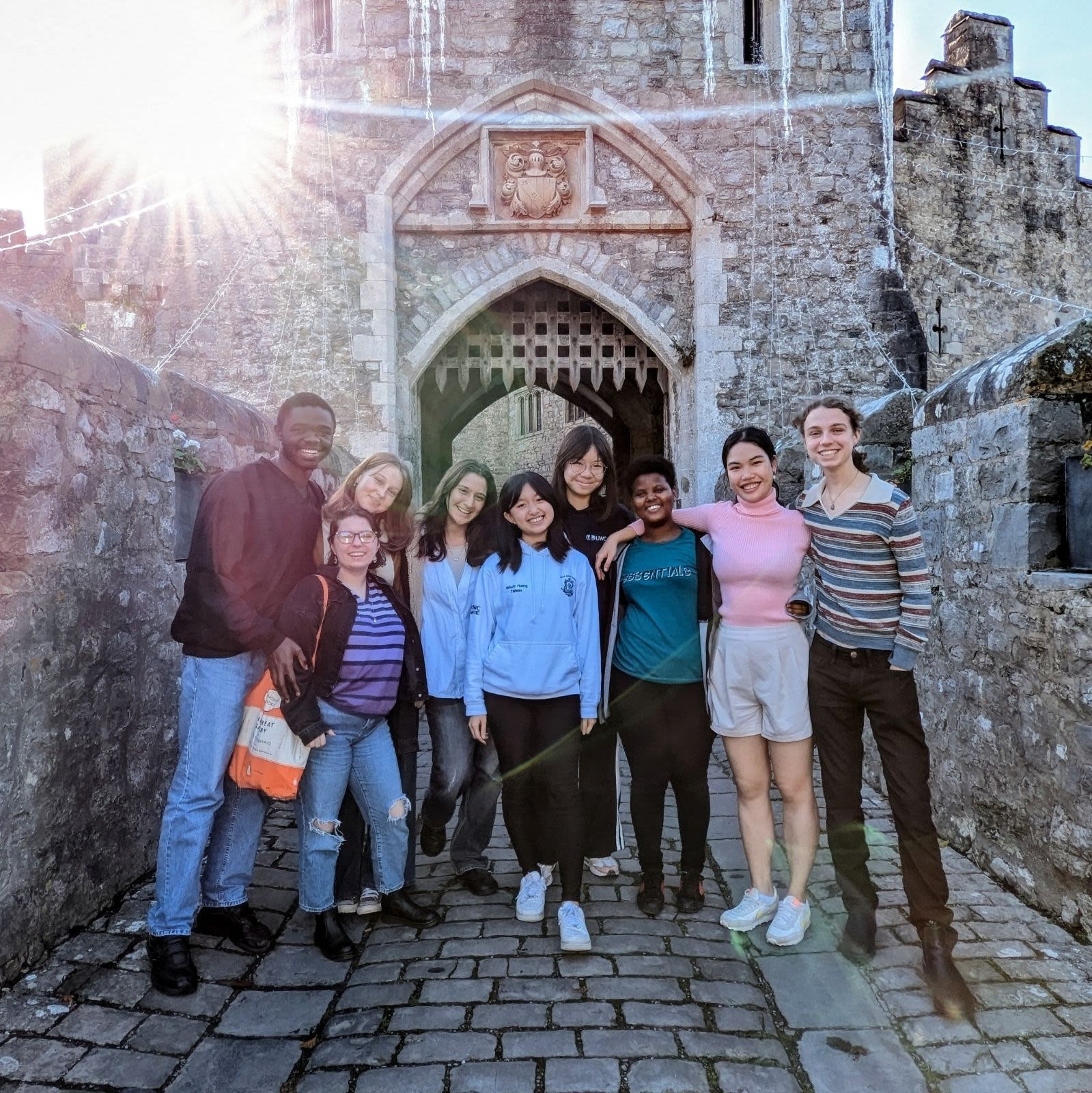New educational pathway launches
Marija Uzunova Dang, Vice Principal for Learning Innovation, on new agreement with International Baccalaureate
What does it look like to educate for just futures, for collective liberation, for mutual thriving of people and planet? Guided by our ‘why’ - our purpose and ambition as articulated in the new strategy and educational vision - the work in learning innovation is dedicated to empowering a global cohort of compassionate young systems leaders who go beyond treating symptoms but strive to understand root causes and initiate solutions to complex and interdependent human and ecological crises.
We believe this is what it takes to be at the forefront of progressive international education today. So in this anniversary year - our 60th - our work is to once more, in the pioneering spirit that started this college and the UWC movement, push the frontier of mission-driven and action-oriented education.
The engine room for this work at the college will be the new Center for Systems Transformation. As part of it, we are opening a new pathway to graduation, sitting alongside our current academic provision, to launch next academic year so that students entering the college in 2023 have a choice between the standard IB Diploma or the new bespoke diploma.
The breakthrough in our work so far on the New Educational Pathway has been the signing of an unprecedented agreement with the International Baccalaureate to pilot and scale this innovation. By replacing two subjects, we have created a space of about 400 hours worth 14 IB points - the single largest chunk in a student’s academic programme and the cornerstone of their UWC experience. With the IB partnership in place, students in our pioneer cohort of this program will be awarded the full IB Diploma, maintaining the benefits of a globally-recognised credential while allowing us autonomy over the curriculum design and the assessment model.
Although the program is still taking shape, it is being designed to prepare graduates for lifelong impact in service of the UWC mission. The cohort will learn to organise at the scale of the problem and build bridges across difference, but also to show up the work of systems transformation with valuable skills and relevant training in each of the key impact areas. At the moment, the impact areas we are looking at are food (how do we feed the world on a warming planet?), energy (how do we steward just transitions towards low-carbon futures?), biodiversity (how do we support ecosystems restoration and ecological resilience?), and forced displacement (how are we going to respond to massive-scale conflict, disaster and climate migrations, often across increasingly militarised borders?)
Taking our programme on forced displacement, which is being developed in close collaboration with Atlantic Pacific, as an example. Students will not only learn about migration issues through a multidimensional and interdisciplinary lens, but also take to the seafront to train for compelling acts of service in an authentically challenging outdoor environment. Alongside endeavouring to understand the interrelated causes and unequal consequences of displacement, and learning to challenge and transform unjust migrant narratives and status quos, they will also build a lifeboat and pilot it, train in lifesaving skills to a high level, learn to establish and operate an emergency relief effort in under-resourced areas with unmet humanitarian needs. Such a well-rounded set of lifeworthy competencies, gained through an action-oriented education, is what is needed to prepare our graduates for making a meaningful contribution in the world during these most decisive decades.
Helping shape this project and keep us accountable to designing an education for what the world needs of global youth is a dynamic group of student consultants. I would like to introduce you to second year students Megan, Melody, Mine, Nico, Given and Rama, and first year students Anson, Ariane and Hilma (pictured).

We are excited to share more details about the program with our wider community shortly, and to leverage the collective power of the UWC movement and friends of the college in offering the most compelling world-focused education that we know to be possible.
Marija Uzunova Dang is the new Vice Principal, Learning Innovation. She comes to UWC Atlantic from Pearson College where she designed their Climate Action Leadership Diploma. Previously, she was at UWC Mahindra College as the Head of Outdoor Education, TOK Coordinator and one of the designers of the Mahindra Project-Based Diploma.
